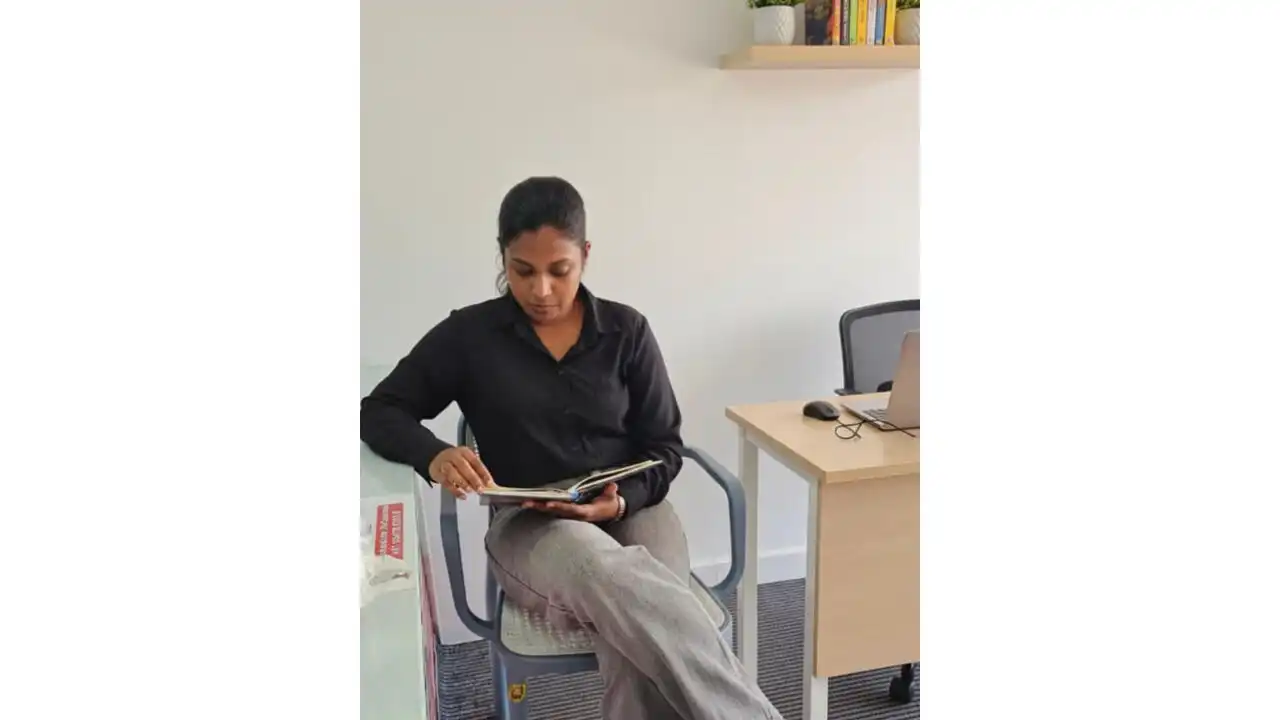When life demanded her silence, she chose to raise her voice. When the world expected her to give up, she built her own path instead. The story of Devika Unni Vandana, a civil engineer from Kollam, Kerala, is not just about survival—it’s about transforming pain into power and adversity into achievement.
Born into poverty, Devika’s early life was marked by struggle and sacrifice. Yet even then, her determination set her apart. She worked odd jobs to fund her education, built a home brick by brick while pursuing her studies, and supported underprivileged students along the way. Her life seemed to be taking the shape of a hard-earned success story—until marriage turned into an unexpected battlefield.
In 2021, after an arranged marriage, Devika found herself at the center of a clash between personal freedom and patriarchal control. Her husband demanded total obedience: quit her job, cut ties with her family, and submit without question. For a woman who had fought her entire life to stand on her own feet, surrender was not an option. Devika refused—and in doing so, challenged not just one man’s authority but an entire system’s expectations.
What followed was a storm. Her in-laws labeled her rebellious, society whispered about her defiance, and institutions that should have protected her instead dismissed her pain. The police treated her complaints with apathy, and the courts urged her to “adjust” and “compromise”—code words that often silence women into submission. But Devika understood what was at stake. This was no longer about a broken marriage; it was about the right of a woman to exist as both independent and respected.
Despite facing harassment, isolation, and character assassination, Devika chose to fight. Her decision to file for divorce wasn’t merely personal—it was an act of resistance against the cultural conditioning that demands women endure abuse to preserve family honor. She had once stood up to corruption in the construction industry; now, she stood up to a corrupt social order. The emotional toll was heavy, but her resolve was unshakable.
“The system didn’t see me as a victim—they saw me as a threat,” she later said. The institutions that should have upheld justice instead punished her for not conforming. Yet Devika refused to let the system define her. If India would not make room for her dreams, she would carve out her own space elsewhere.
With nothing but courage and credentials, Devika moved to the UK—a move not of escape, but of assertion. She enrolled in a Master’s program in Construction Project Management, turning her lived experience into academic purpose. Her research explored inefficiencies and corruption in infrastructure projects—issues she had confronted firsthand in her career back home. What once felt like struggle now became her strength.
Today, Devika is far more than an engineer. She’s an embodiment of resilience and reinvention, a woman who refused to let her identity be defined by oppression. In a world that often punishes women for ambition, she proved that independence is not rebellion—it’s survival.
Her journey is a powerful reminder that success isn’t about avoiding hardship but about transforming it into growth. Devika Unni Vandana turned every obstacle—poverty, abuse, prejudice, and systemic bias—into the very foundation of her success.
Her message is simple yet revolutionary: A woman’s worth is not measured by how much she endures but by how fiercely she refuses to surrender.
In standing firm when everything urged her to bend, Devika didn’t just rebuild her life—she redefined what strength looks like. She turned her most difficult situation into a story of triumph, leaving behind a legacy that inspires every woman who’s ever been told to stay quiet, stay small, or stay behind.
She didn’t just survive. She rose—and in doing so, she made sure no one could ever silence her again.
